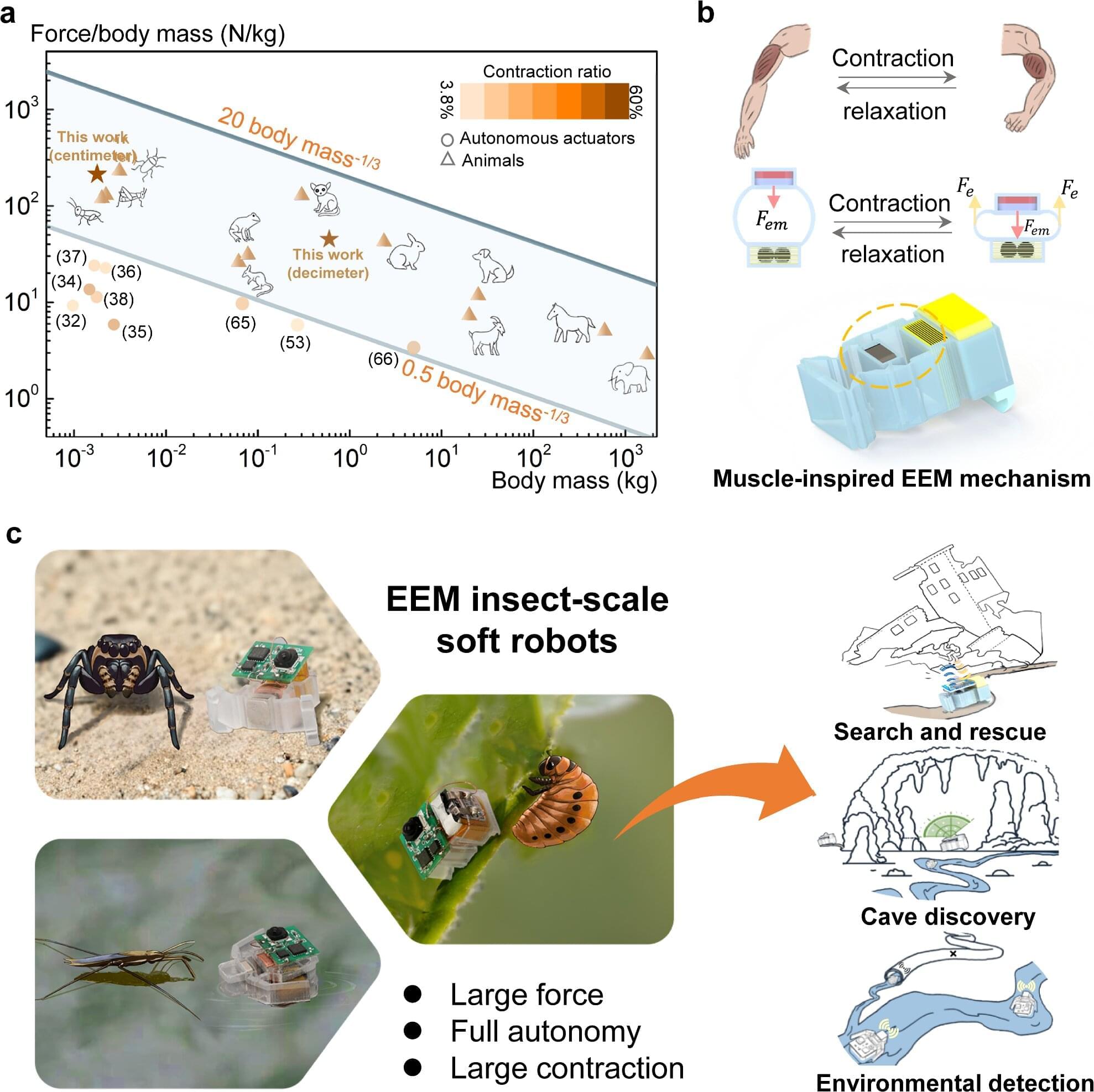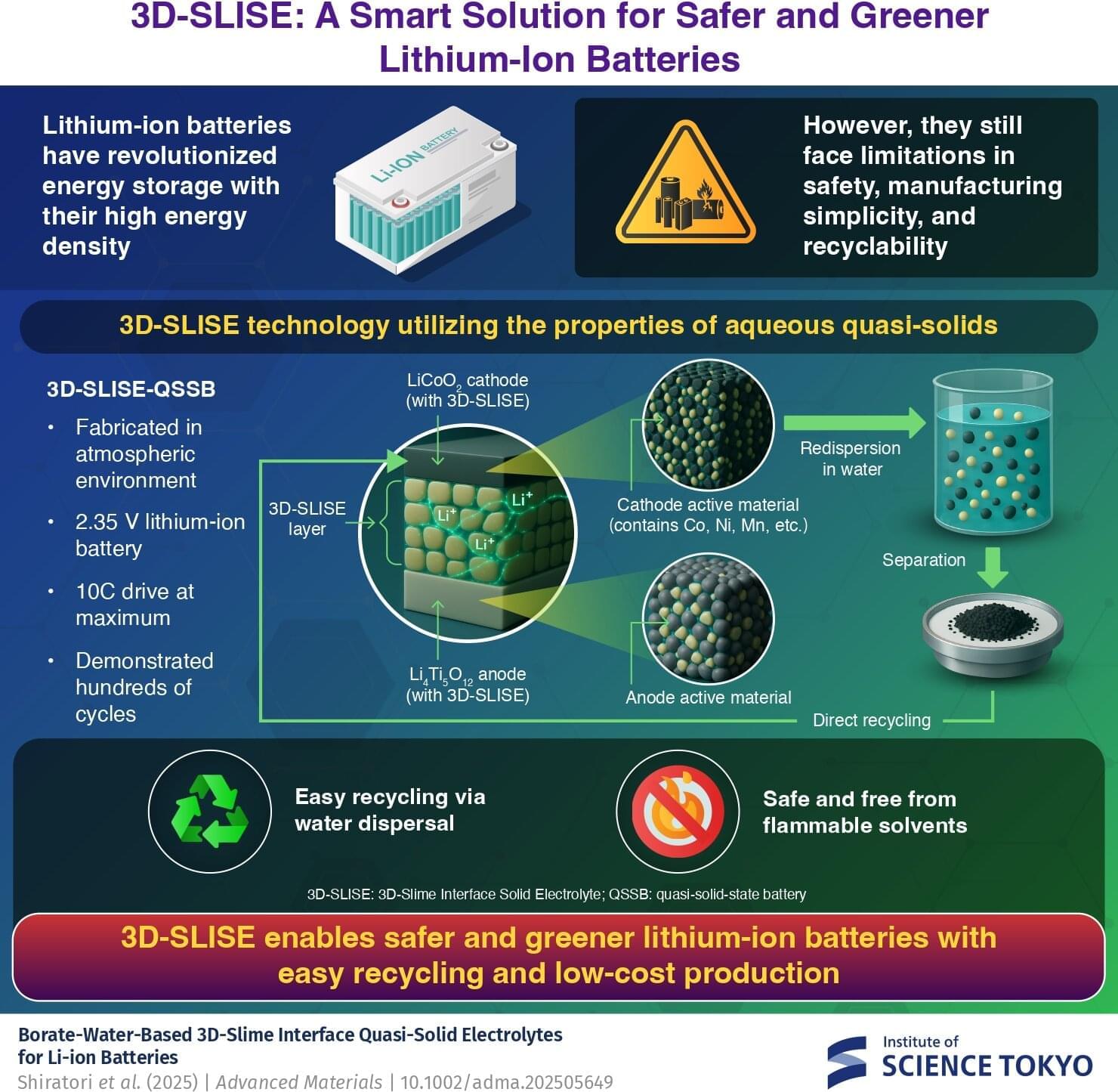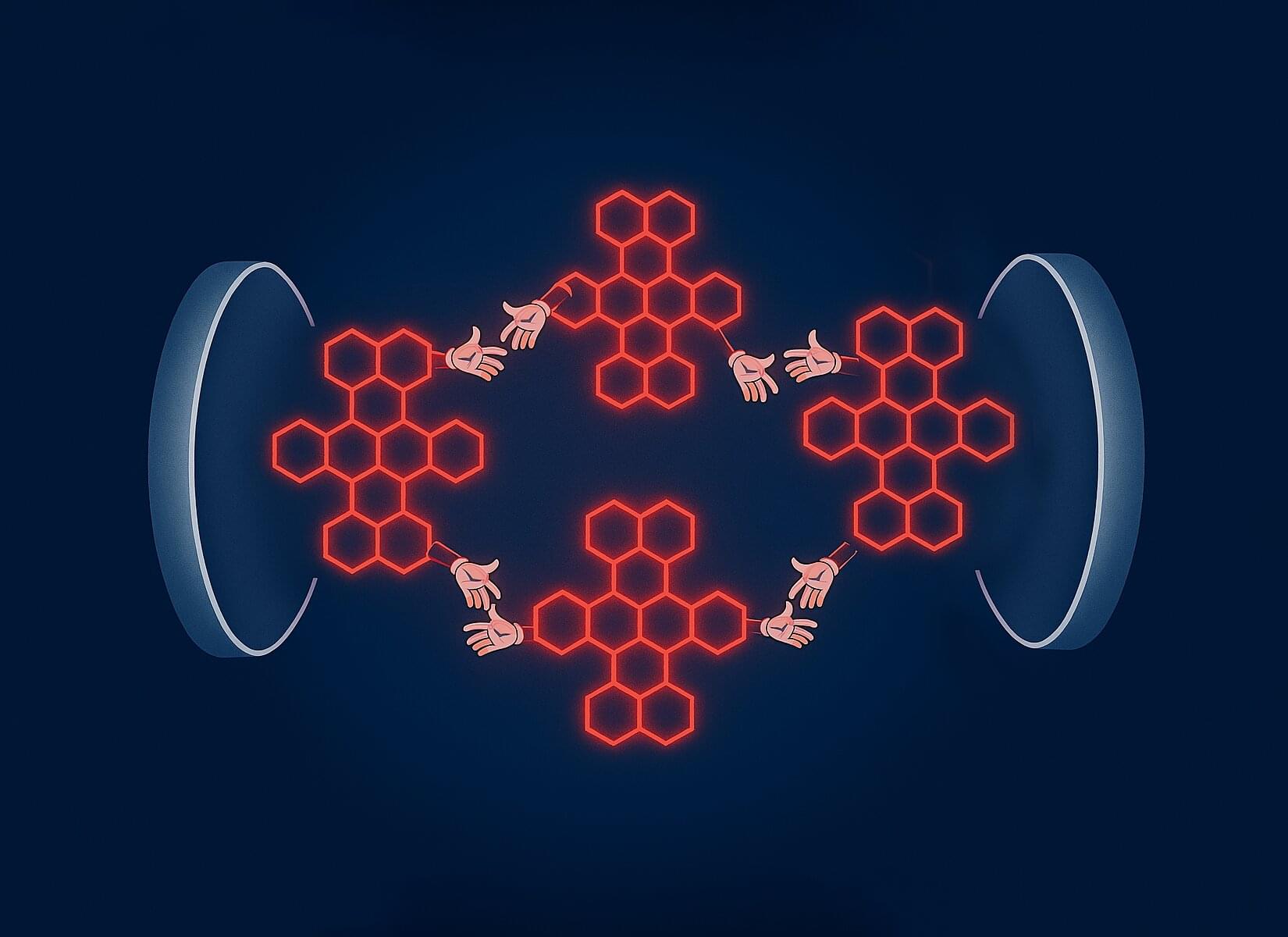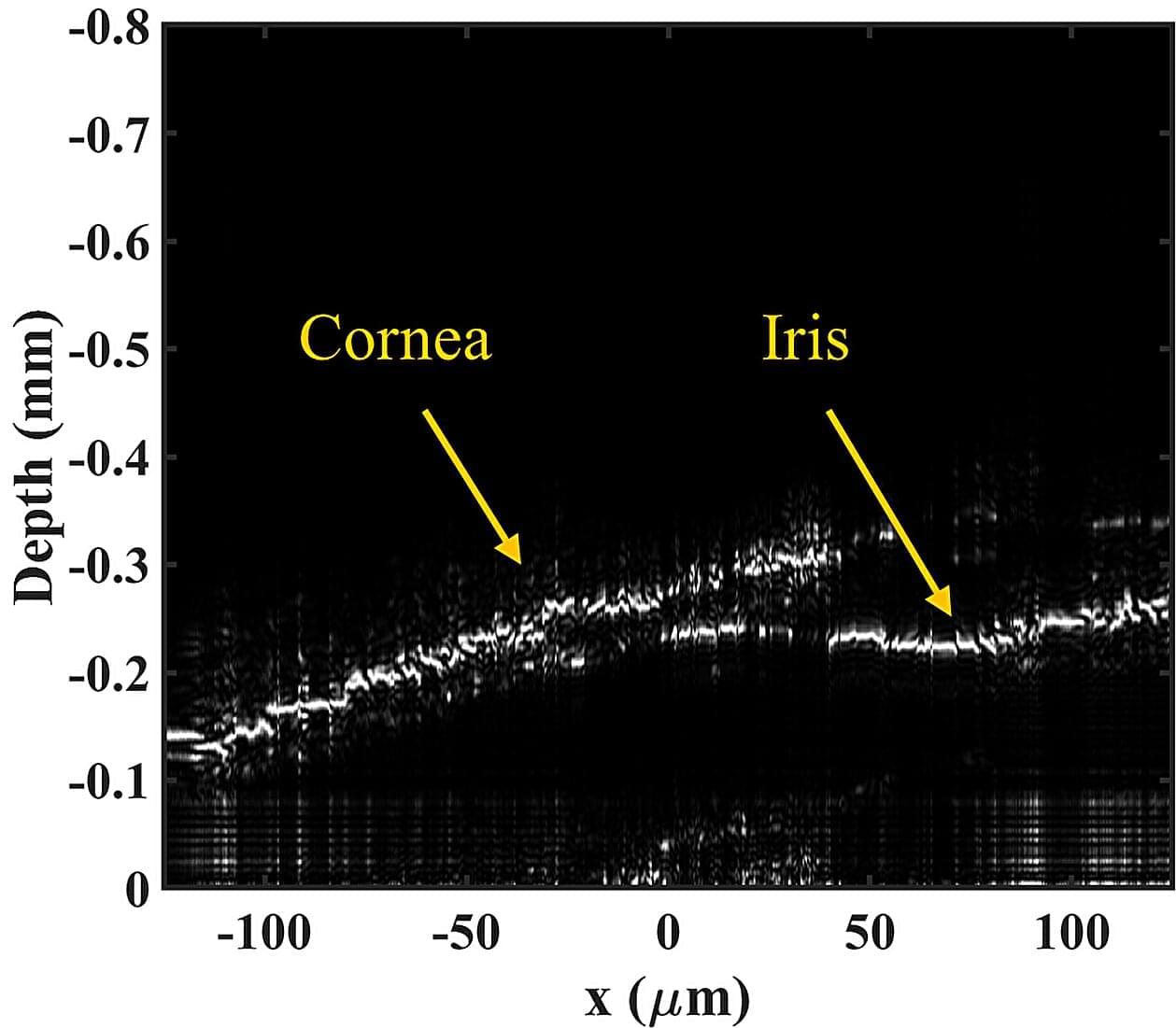Science frequently draws inspiration from the natural world. After all, nature has had billions of years to perfect its systems and processes. Taking their cue from mollusk catch muscles, researchers have developed a low-voltage, muscle-like actuator that can help insect-scale soft robots to crawl, swim and jump autonomously in real-world settings. Their work solves a long-standing challenge in soft robotics: enabling tiny robots to move on their own without sacrificing power or precision.
Muscles are soft tissues that work by contracting and relaxing to cause movement. Insect muscles are particularly good at this because they are incredibly powerful for their small size. Similarly, actuators are devices that convert mechanical energy into motion.
However, when it comes to robotics, creating tiny, powerful actuators that move with the same agility, precision and resilience as a biological muscle has proved challenging. What’s more, the rigid motors in current robotic systems are difficult to scale down because they easily break.









